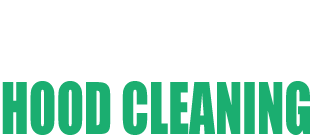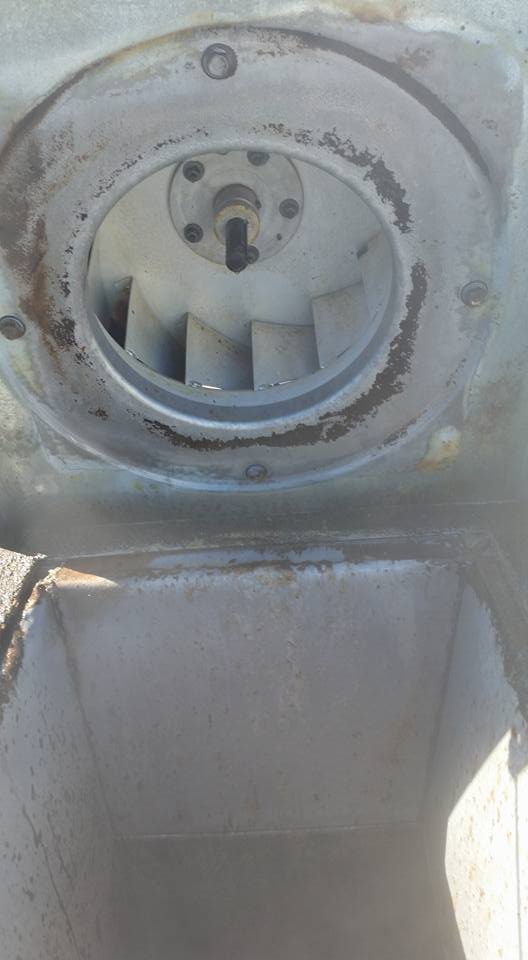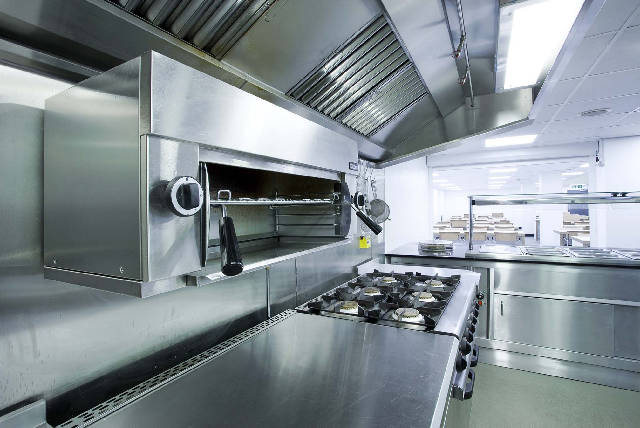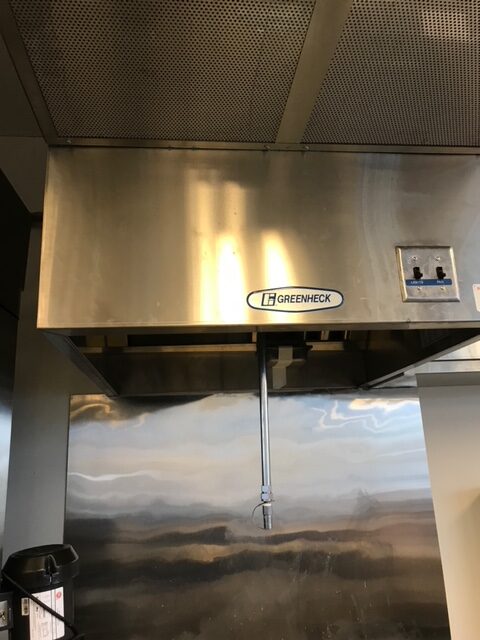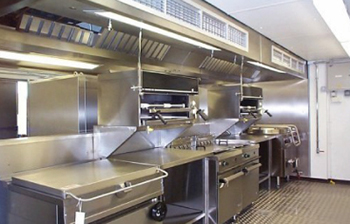Troubleshooting Common Issues in Hood Cleaning: Expert Advice for San Jose Restaurant Operators
Are you a restaurant operator in San Jose facing hood cleaning challenges? This comprehensive guide offers expert advice and solutions to troubleshoot common issues, ensuring a clean and safe kitchen environment.
Introduction
Running a restaurant in San Jose comes with its share of responsibilities, and one critical aspect is ensuring the kitchen remains clean and safe for both employees and patrons. Regular hood cleaning is essential to maintain a healthy kitchen environment. However, restaurant operators often encounter common issues during hood cleaning procedures. In this article, we provide expert advice and solutions to address these challenges effectively.
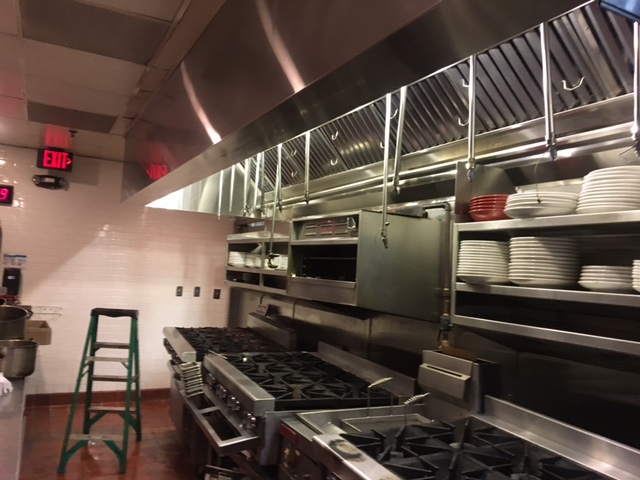
Troubleshooting Common Issues in Hood Cleaning: Expert Advice for San Jose Restaurant Operators
1. Importance of Regular Hood Cleaning
Hood cleaning is more than just a task on your to-do list. It plays a crucial role in maintaining a safe kitchen environment, preventing fire hazards, and ensuring compliance with local health regulations. Regular cleaning removes grease buildup, which can be a fire risk if left unchecked.
2. Finding Reliable Hood Cleaning Services in San Jose
To avoid issues during hood cleaning, start by selecting a reputable and experienced hood cleaning service in San Jose. Look for certified professionals with a track record of delivering excellent results and ensuring compliance with all safety and hygiene standards.
3. Scheduling the Hood Cleaning
Create a well-defined schedule for hood cleaning to ensure it remains a top priority. Develop a routine that aligns with your kitchen’s cooking volume and adheres to the manufacturer’s recommendations for your kitchen equipment.
4. Identifying Grease Buildup
Knowing when grease buildup occurs is crucial to prevent potential fire hazards. Keep an eye on visible signs, such as thick layers of grease on the hood, filters, and exhaust fans. Regular inspections help you detect and address issues early on.
5. Using the Right Cleaning Products
Selecting the appropriate cleaning products is vital for effective hood cleaning. Ensure the products used are compatible with your hood’s material and capable of removing tough grease buildup. Eco-friendly options are also available for those concerned about the environment.
6. Proper Cleaning Techniques
Improper cleaning techniques can exacerbate issues rather than solving them. Train your staff or hood cleaning professionals in the correct cleaning methods to achieve better results and prolong the life of your kitchen equipment.
7. Addressing Lingering Odors
Even after thorough cleaning, you might notice lingering odors in the kitchen. Use odor-absorbing products or consider implementing better ventilation systems to keep your kitchen smelling fresh.
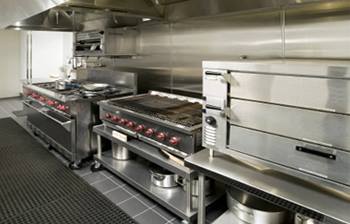
8. Dealing with Hood Damage
Sometimes, hood cleaning can reveal damage or issues with your kitchen hood. Promptly address such problems to maintain proper functionality and prevent safety risks.
9. Training Staff for Regular Maintenance
Your kitchen staff should be aware of the importance of regular maintenance and cleaning. Train them to handle small cleaning tasks regularly and report any significant issues they notice during their work.
10. Handling Emergency Situations
Despite precautions, emergencies can still happen. Develop a clear and actionable plan to handle kitchen fires and other hazardous situations, ensuring the safety of everyone present.
11. Choosing the Right Cleaning Schedule
The frequency of hood cleaning depends on various factors, including the type of restaurant, cooking volume, and kitchen setup. Consult with hood cleaning experts to determine the most suitable cleaning schedule for your establishment.
12. Maintaining Compliance with Regulations
To avoid legal issues, it’s essential to comply with San Jose’s kitchen cleaning regulations. Stay informed about the latest updates and ensure your hood cleaning procedures align with these standards.
13. Investing in Preventive Maintenance
Preventive maintenance not only extends the lifespan of your kitchen equipment but also minimizes the likelihood of unexpected breakdowns or hazards.
14. Keeping Records of Cleaning
Maintain detailed records of all your hood cleaning activities. These records can be invaluable during health inspections and can help you identify any patterns of issues that need attention.
15. Common DIY Cleaning Mistakes to Avoid
While some restaurant operators might attempt DIY hood cleaning, certain mistakes can lead to more significant problems. Learn about these errors to steer clear of them during your cleaning efforts.
16. Troubleshooting Ventilation Problems
Proper ventilation is critical for a safe and comfortable kitchen environment. Learn to troubleshoot and address ventilation problems promptly.
17. Preventing Grease Fires
Grease fires are hazardous and can lead to significant damage. Implement preventive measures to reduce the risk of grease fires in your kitchen.
18. The Importance of Professional Inspections
Regular inspections by professionals can reveal hidden issues that might otherwise go unnoticed, ensuring your kitchen remains safe and functional.
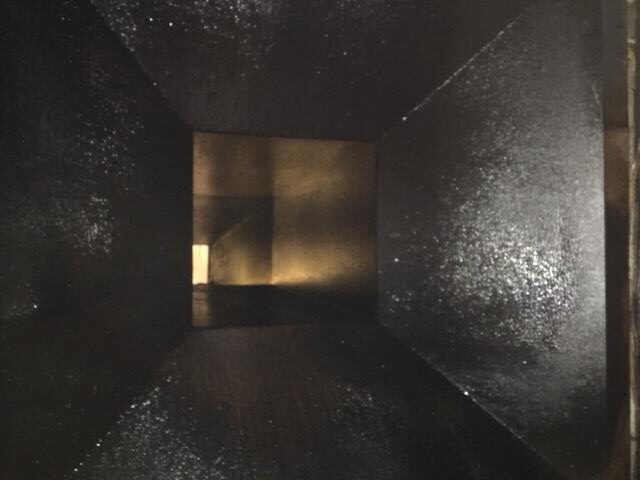
19. Understanding Fire Suppression Systems
Familiarize yourself with the operation and maintenance of your kitchen’s fire suppression system to enhance safety during emergencies.
20. Best Practices for Kitchen Safety
Incorporate best practices for kitchen safety, including proper cleaning procedures, staff training, and emergency protocols.
21. Addressing Rust and Corrosion
Rust and corrosion can compromise the integrity of your kitchen hood. Learn how to address and prevent these issues.
22. Troubleshooting Fan Problems
Exhaust fans play a crucial role in maintaining proper ventilation. Troubleshoot and resolve fan-related problems promptly.
23. Effectively Cleaning Filters
Filters trap grease and contaminants, requiring regular cleaning to function efficiently. Learn the best methods to clean and maintain these filters.
24. Adapting to Seasonal Changes
Hood cleaning needs can vary with seasonal changes and kitchen activity. Be prepared to adjust your cleaning schedule accordingly.
25. The Future of Hood Cleaning
Stay updated on the latest advancements in hood cleaning technology and practices to improve efficiency and effectiveness.
